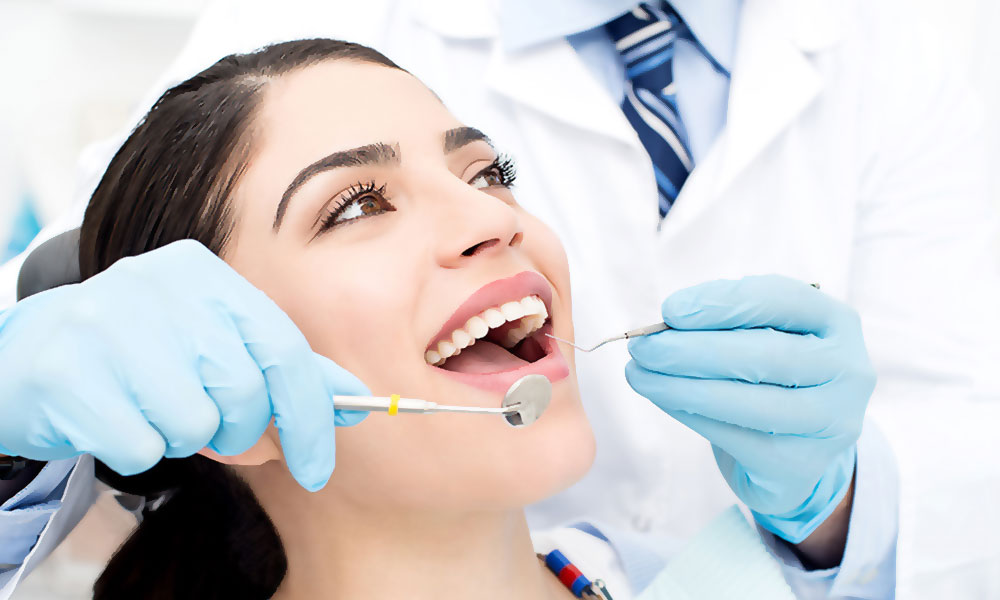
When it comes to dental emergencies, swift action can make all the difference in preventing further complications and preserving oral health. Whether it’s a sudden toothache, a knocked-out tooth, or a broken crown, knowing what steps to take can help you navigate these situations with confidence. If you’re experiencing a sudden toothache, don’t hesitate to contact an Emergency Dentist in Chapel Hill for immediate relief and professional care. In this guide, we’ll explore the importance of immediate care for dental emergencies and provide essential tips to help you handle them effectively.
Understanding Dental Emergencies
What constitutes a dental emergency?
A dental emergency refers to any oral health issue that requires immediate attention to alleviate pain, prevent further damage, or save a tooth. These emergencies can arise due to various factors, including trauma, infection, or underlying dental conditions.
Common types of dental emergencies
Dental emergencies can manifest in several ways, including:
- Severe toothache
- Broken or chipped tooth
- Knocked-out tooth
- Lost filling or crown
- Abscess or infection
Importance of Immediate Care
Preventing further damage
Seeking prompt treatment for a dental emergency is crucial for preventing the situation from worsening. Delaying care could lead to complications such as infection, tooth loss, or extensive damage that may require more invasive procedures.
Alleviating pain and discomfort
Many dental emergencies are accompanied by intense pain and discomfort, which can significantly impact your quality of life. Immediate care aims to alleviate pain and address the underlying cause of the problem, providing much-needed relief.
Steps to Take During a Dental Emergency
Stay calm and assess the situation
In the event of a dental emergency, it’s essential to stay calm and assess the situation calmly. Evaluate the severity of the injury or condition and take appropriate action based on the symptoms.
Contact an emergency dentist
As soon as you recognize the need for emergency dental care, contact a trusted emergency dentist or dental clinic. Many practices offer emergency services and can provide timely assistance during urgent situations.
Basic first aid for dental emergencies
While waiting for professional help, you can administer basic first aid to manage pain and minimize damage. Rinse your mouth with warm water, apply a cold compress to reduce swelling, and avoid biting or chewing on the affected area.
Common Dental Emergency Scenarios
Toothache
A severe toothache could indicate an underlying issue such as infection or decay. Rinse your mouth with warm water, floss gently to remove any debris, and take over-the-counter pain medication as directed.
Broken or chipped tooth
If you experience a broken or chipped tooth, gather any broken pieces and rinse them with warm water. Apply dental wax or temporary filling material to protect the tooth and avoid chewing on that side of the mouth.
Knocked-out tooth
A knocked-out tooth requires immediate attention to increase the chances of successful replantation. Handle the tooth by the crown (not the root), rinse it gently with water if dirty, and try to place it back into the socket if possible. Alternatively, store it in milk or saliva until you can see a dentist.
Lost filling or crown
If a filling or crown becomes dislodged, clean the affected tooth and try to reattach the restoration using dental cement or temporary adhesive from a pharmacy. Avoid chewing on that side of the mouth and seek professional assistance promptly.
Finding an Emergency Dentist
Researching local emergency dental services
Before an emergency arises, take the time to research local emergency dental services in your area. Look for practices that offer after-hours care or have dedicated emergency lines for urgent situations.
Keeping contact information handy
Compile a list of emergency dental contacts and keep it in a readily accessible place, such as your phone contacts or wallet. Having this information on hand can save valuable time in the event of a dental emergency.
Preparing for Dental Emergencies
Creating a dental emergency kit
Prepare a dental emergency kit containing essential items such as gauze, dental wax, temporary filling material, pain relievers, and the contact information of emergency dentists. Store the kit in a convenient location at home or in your car.
Knowing what to do in different situations
Familiarize yourself with the appropriate steps to take in various dental emergency scenarios. Having a plan in place can help you respond quickly and effectively when faced with an urgent oral health issue.
What to Expect During Emergency Dental Care
Evaluation and diagnosis
Upon arrival at the emergency dental clinic, the dentist will conduct a thorough evaluation of your condition to determine the extent of the problem. Diagnostic tests such as X-rays may be performed to assess the damage accurately.
Treatment options
Once the dentist has diagnosed the issue, they will discuss treatment options tailored to your specific needs. Depending on the severity of the emergency, treatment may include procedures such as root canal therapy, tooth extraction, or restoration of damaged teeth.
Follow-up care
After receiving emergency dental treatment, your dentist will provide instructions for post-care and schedule any necessary follow-up appointments. It’s essential to follow these guidelines diligently to ensure proper healing and prevent complications.
Costs and Insurance Coverage
Understanding potential costs
Emergency dental care costs can vary depending on the nature of the emergency and the required treatment. Before undergoing any procedures, discuss the estimated costs with your dentist and inquire about payment options or financing plans.
Checking insurance coverage for emergency dental care
Review your dental insurance policy to understand what emergency services are covered and any associated copayments or deductibles. Some plans may have limitations or exclusions for certain types of emergencies, so it’s essential to be informed.
Tips for Preventing Dental Emergencies
Maintaining good oral hygiene
Regular brushing, flossing, and dental check-ups can help prevent many dental emergencies by maintaining optimal oral health and addressing any issues early on.
Wearing mouthguards during sports activities
If you participate in contact sports or recreational activities, wearing a custom-fitted mouthguard can protect your teeth from injury and reduce the risk of dental emergencies.
Avoiding harmful habits like chewing on hard objects
Refrain from chewing on hard objects such as ice, pens, or popcorn kernels, as this can weaken tooth enamel and increase the likelihood of fractures or dental trauma.
Conclusion
In times of dental emergencies, knowing how to respond promptly and effectively can make a significant difference in the outcome. By understanding the importance of immediate care, familiarizing yourself with common emergency scenarios, and preparing accordingly, you can minimize pain, prevent further damage, and safeguard your oral health.


